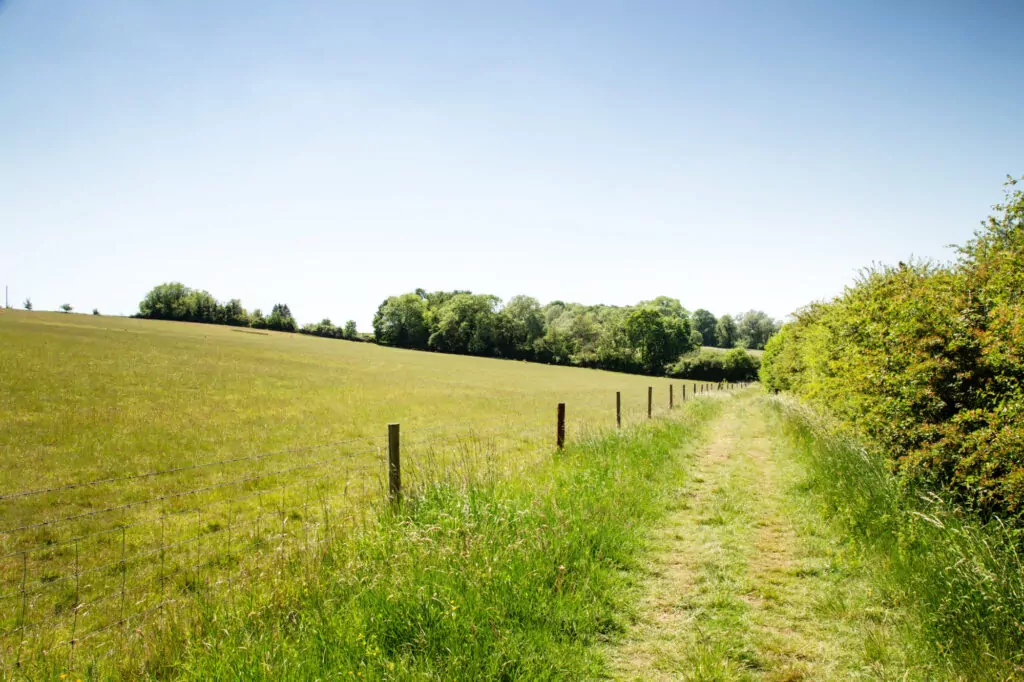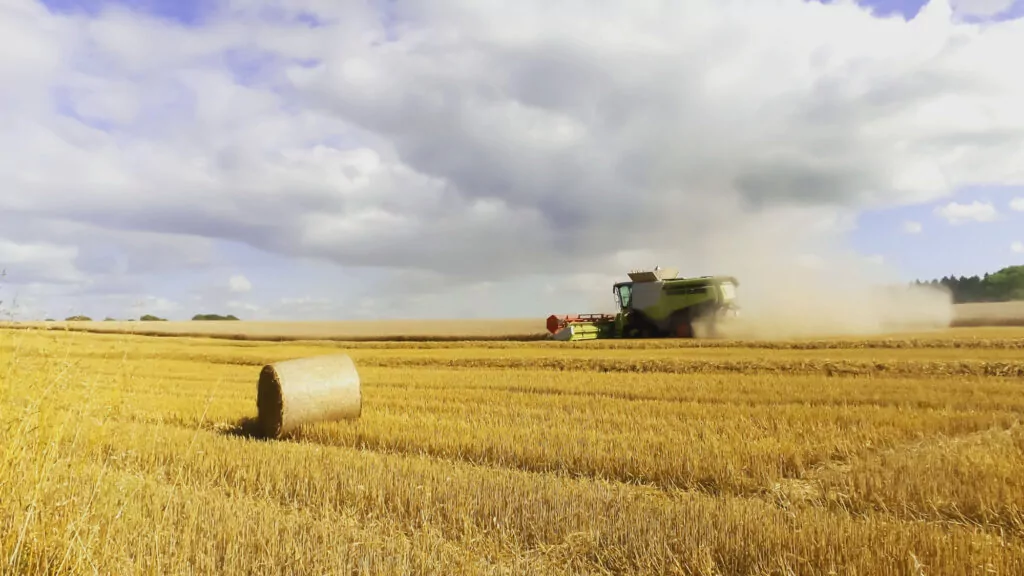
Land use conflicts: Am I causing a nuisance?


Conflict with your neighbours in rural areas is not uncommon. Due to the very nature of farming activities, some noise, smell and disruption are inevitable. However, if your farming operations impact your neighbours to a degree that could amount to a legal nuisance, you could find yourself having to go through the expensive process of defending a court claim which could have a considerable impact upon your business and local reputation.
What are nuisance claims?
There are three types of nuisances in law: private, public and statutory.
A private nuisance is caused by a person doing (or omitting to do) something on their own land, which they are lawfully entitled to do but which becomes a nuisance when the consequences of their act extend to the land of their neighbour.
Examples of private nuisance could be:
- Excessive noise from farming machinery or animals.
- Smell from cattle, silage, or muck spreading.
- Pollution to soil or waterways from the use of fertilizer or pesticides.
- Encroachment onto land, for example by mud and debris.
A public nuisance arises from an act (or omission) that endangers the life, health, property, morals or comfort of the public or obstructs the public in the exercise of enjoyment of rights common to all. Essentially, it is where there is an interference with a public right.
Public nuisance examples could be:
- Blocking or limiting access to a public right of way.
- Blocking a public highway.
- Polluting public waterways or drinking water.
- Pollution from noxious or harmful chemicals.
A statutory nuisance arises where something falls within the categories of matters listed in section 79 of the Environmental Protection Act 1990 (EPA 1990) which Parliament has decided can amount to nuisance or be prejudicial to health.
Examples, of matters which might be a statutory nuisance include:
- Farm animals being located in an unsuitable location which could prejudice health or more generally be considered a nuisance.
- Flies coming from a farmyard that could prejudice health or more generally be considered a nuisance.
- Allowing an accumulation of animal waste to build up where such a build-up could prejudice health or be considered a nuisance.
- Dust produced from harvesting which prejudices health or is considered a nuisance.
- Loud agricultural machinery which prejudices health or is considered a nuisance.
A private nuisance claim can be made by one person against another, the obvious example being between neighbouring land owners. The person bringing the claim must have an interest in the land, i.e. they own the land or occupy it subject to a lease).
A public nuisance claim can be made by a local authority or by an individual if the nuisance also affects a sufficiently large number of people.
A statutory nuisance claim can be enforced by a local authority (for example, following a complaint of by a member of the public). A claim can also be brought by a private individual or a company that has been aggrieved by statutory nuisance as a private prosecution.
What happens if a nuisance claim is brought against you?
If someone is found to be causing a nuisance, it could lead to:
- criminal liability which could in serious cases includes imprisonment;
- an unlimited fine;
- an abatement order or an injunction to stop the nuisance (that could mean you have to stop or change your farming practices); and/or
- an order to pay compensation to the aggrieved party.
How do the courts decide if the threshold for nuisance has been met?
The Court will consider whether there has been:
- encroachment on a neighbour's land (for example if the offending noises and smells encroach onto the neighbouring property);
- direct physical injury to a neighbour's land (for example, where there has been a pollution event that may have directly damaged the neighbouring property); or
- interference with a neighbour's quiet enjoyment of their land (for example, if a neighbour is experiencing disturbed sleep because of noise).
Actual physical damage can be relatively straightforward to identify with evidence and to calculate objectively and precisely.
(i.e. whether the alleged nuisance on a defendant’s land is substantially interfering with the claimant’s ordinary use of their land).
(for example, industrial vs residential vs heavily rural and agricultural).
(i.e. is the activity being complained about an ordinary use for the locality? An ordinary use of a defendant’s land where done reasonably with proper consideration for the interests of their neighbours will not give rise to liability)
(i.e. does the alleged nuisance create objective interference to the average person in the claimant’s position, not what the claimant found particularly annoying or inconvenient)
The Court is likely to look less favourably on activities that cause a disturbance at night for example.
It is likely to be worse if the activity is being carried on for long periods at a time.
It is likely to be worse if the activity is being carried out very often for example, with noise nuisance, if the sound is more intense, such as very loud machinery which is turned on and offer several times a day.
How does a farmer or landowner defend a nuisance claim?
A farmer or landowner who is alleged to be committing a nuisance can rely on:
If they can show that the nuisance is being caused by a reasonable use of their land given the nature and character of the locality.
(i.e., a claimant who has given permission for the nuisance to occur cannot later bring an action in nuisance).
(i.e., if the claimant acts in such a way that gives rise to or exacerbates a nuisance).
(i.e., if the defendant’s actions are authorised by an Act of Parliament, the claimant may not be entitled to bring an action in nuisance).
If the defendant can prove that they have been using their land in the way so complained of for a period of 20 years or more and the claimant for those 20 years failed to bring an action in nuisance, the defendant may acquire a right to cause the nuisance (e.g. a right to make a noise over neighbouring land).
Where the court has found there is a nuisance and has made an order prohibiting and/or requiring a defendant to abate the nuisance and the defendant has breached such an order (for example, by continuing to farm on a site) they can defend against any further penalty if they can prove that they used the best practicable means to prevent or counteract the effects of the nuisance. This is subject certain exceptions however, and only assists at the enforcement stage of proceedings where a nuisance has already been found. It is not a defence to an initial statutory nuisance claim. The BPM defence is also easily defeated – a claiming party only needs to find one additional means a defendant should have carried out to defeat it.
Top tips: How can farmers and rural landowners avoid claims of nuisance? We would recommend that:
- You communicate and engage with your local community/neighbours to try to build and maintain positive relationships.
- You follow the terms of any permits and licenses and best practice guidance. This can be helpful evidence of good farming practices if you do end up engaged in nuisance court proceedings.
- You don't ignore any complaints from neighbours; it is dangerous to assume that your license or authority gives you immunity from a claim in nuisance.
- Ensure that complaints are investigated promptly to mitigate potential harm.
- You seek advice as early as possible, ideally before any nuisance claim has been brought and act immediately on receipt of any pre-action or warning letter.
- You keep hold of any evidence, good or bad which you get from anyone (i.e., a visit from EA or any audit). Landowners need to be alive to the risk of operating a farm. Don't wait until court proceedings to build up a body of evidence to demonstrate how well your farm is being run.
- Keep a record of any steps that are taken to remedy or limit an activity at risk of being considered a nuisance (i.e., limiting activity to certain times a day, cleaning roads of mud and turning off idling farm machinery).
Keeping these points in mind might just keep your farming operation out of court.
For further information on this topic, please listen to Experts in the Field or if you have any queries about nuisance claims or you would like to discuss representation, please contact one of our experts below.












